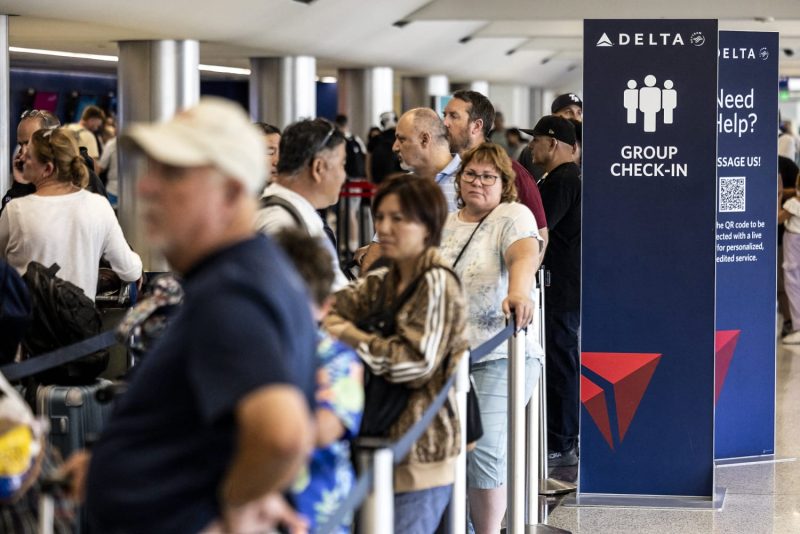
CrowdStrike Clears Name: Delta Flight Cancellations Not Their Fault After July Outage
With CrowdStrike denying responsibility for Delta’s flight cancellations following the July outage, the incident sheds light on the crucial role of cybersecurity and incident response in today’s highly digital world. Delta’s extensive reliance on technology and online systems to manage its operations makes it susceptible to cyber threats, highlighting the need for robust cybersecurity measures within the aviation industry.
It is not uncommon for large corporations like Delta to face disruptions due to cybersecurity incidents. As seen in this case, the impact of a cyber outage can reverberate across an entire organization, affecting its operations, reputation, and customer experience. The denial by CrowdStrike underscores the complexity of determining the root cause of such incidents and the challenges in attributing blame accurately.
In light of this incident, it is essential for organizations, especially those in critical sectors like aviation, to prioritize cybersecurity as a strategic imperative. Investing in advanced threat detection, incident response capabilities, and collaboration with cybersecurity experts can help mitigate the risk of cyber disruptions and minimize their impact on business operations.
Moreover, incidents like the Delta flight cancellations serve as a wake-up call for the aviation industry to strengthen its cybersecurity posture and resilience against evolving cyber threats. As airlines increasingly digitize their operations and expand their online presence, they become more vulnerable to cyber attacks, necessitating proactive measures to safeguard their systems and data.
In conclusion, while the blame game between Delta and CrowdStrike continues, the incident underscores the importance of cybersecurity readiness and incident response in safeguarding organizations against cyber threats. By learning from such incidents and implementing robust cybersecurity measures, organizations can enhance their resilience and protect their operations from potential disruptions in the digital age.
